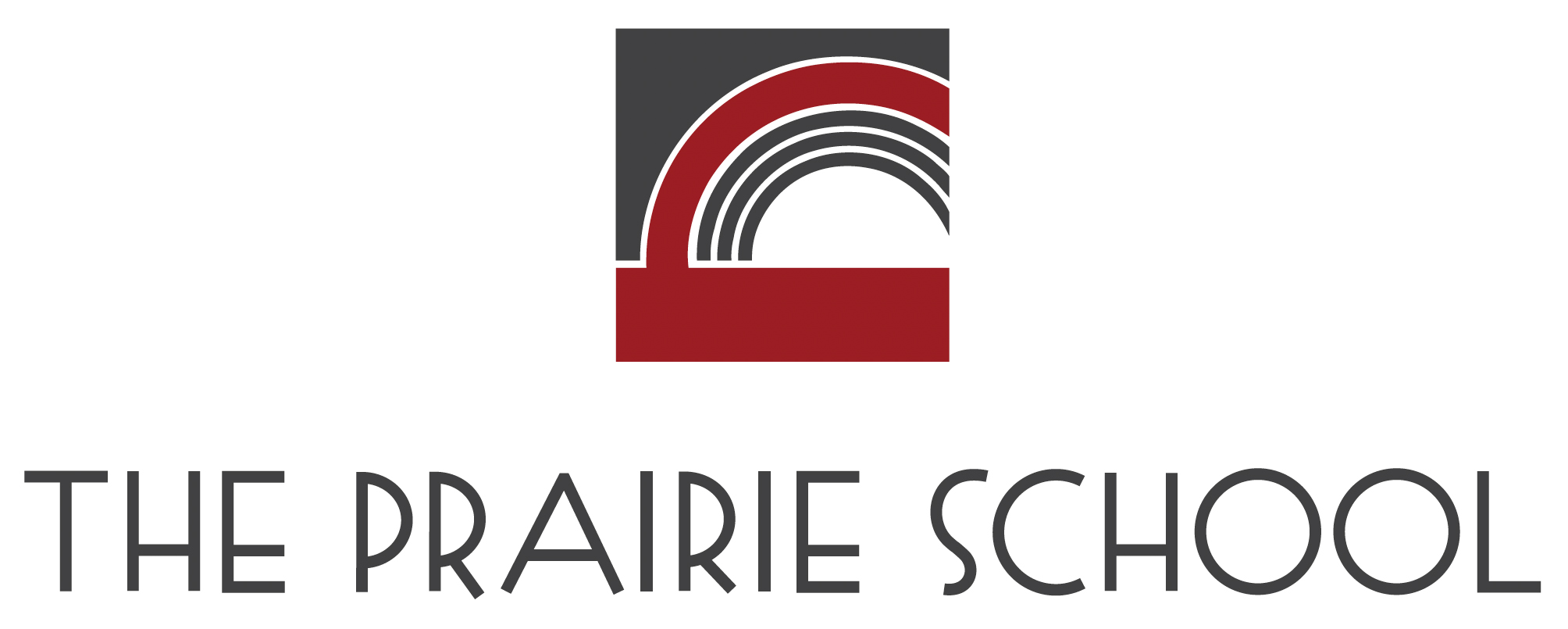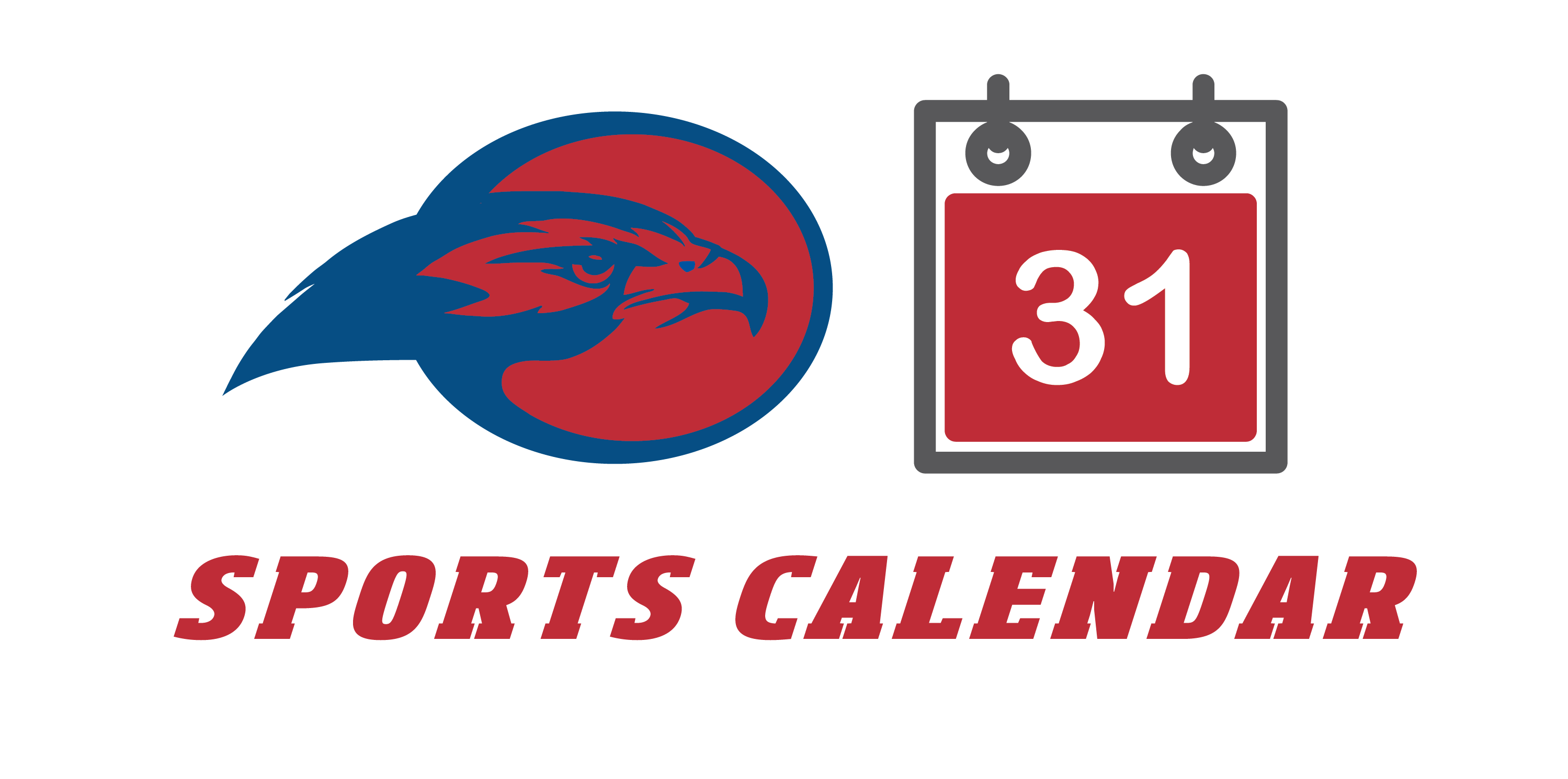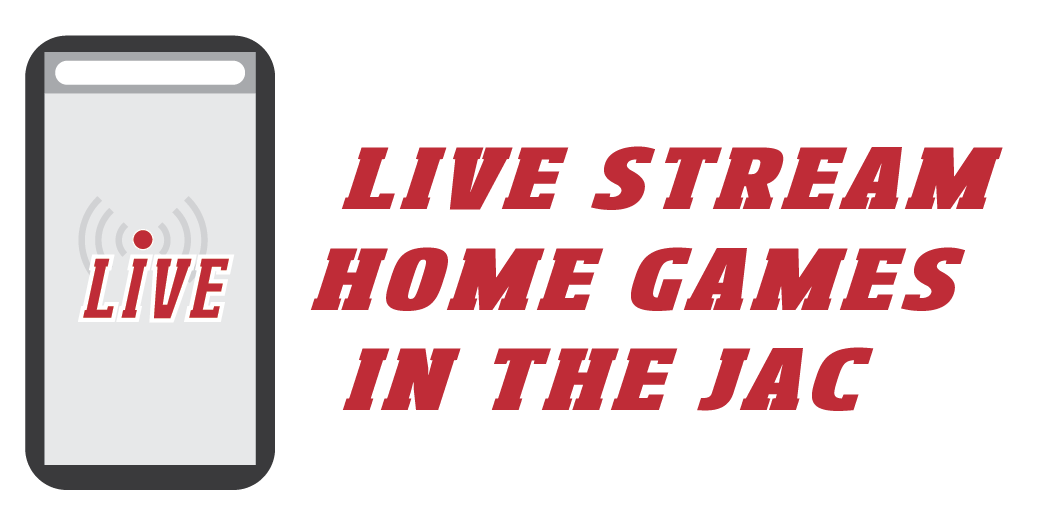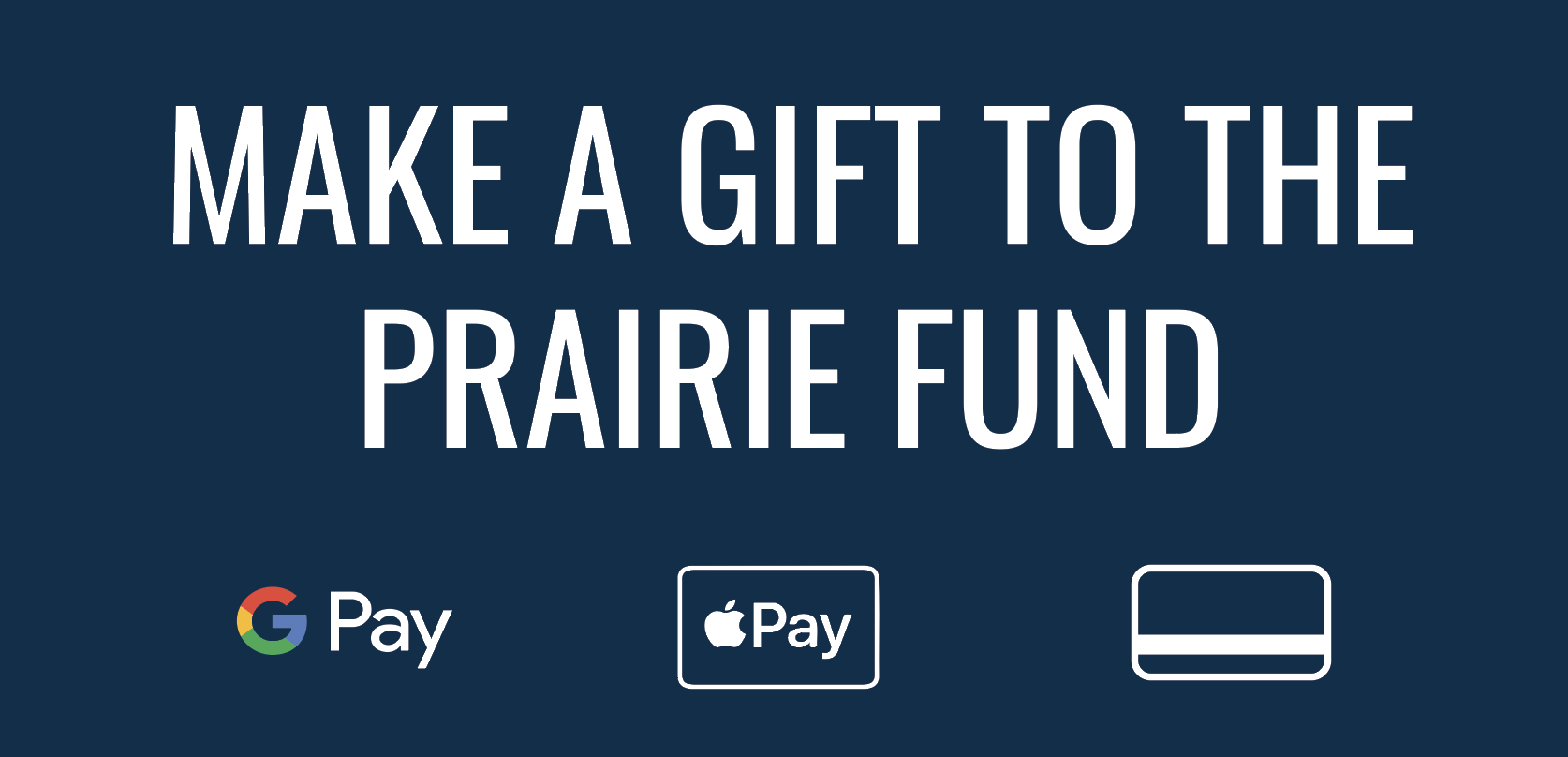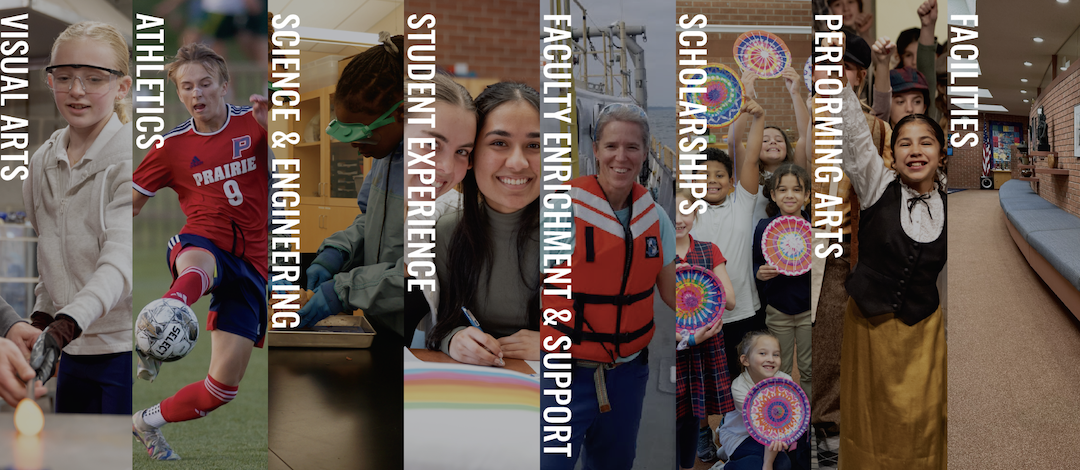Mrs. Wilks' second grade class learns to interact with adults through what they know best: laughter.
Q: What does an elf learn in school?
A: The elf-abet
Q: What’s the difference between a teacher and a train?
A: A teacher tells you to spit out your gym, and the train says “chew, chew!”
Q: What did the math book say to the other math book?
A: You’ve got problems!
This is just a sample of the kind of comedy you’ll hear from members of Mrs. Wilks’ second grade class. They’re not naturally a bunch of jokesters; Wilks teaches them a new quip every week on “Make You Laugh Monday,” as a tool for learning to communicate.
“Lots of times when they walk down the hallway [at school], kids look down when they don’t know who’s approaching,” Wilks explains. “I want them to learn to be comfortable interacting with adults.”
Wilks says that having these one-liners in their back pockets gives her students something they can get excited to share with their teachers and faculty — trusted adults — to initiate a conversation.
Jokes aren’t the only tool in second grade’s arsenal. Wilks teaches them a variety of fun facts, according to her weekly schedule:
- Make You Laugh Monday
- Talk About It Tuesday, when each member of the class answers a fun question like, “If you could only put one topping on your ice cream, what would it be?”
- Wisdom Wednesday, when students discuss the meaning and application of a quote the likes of, “The best things in life are not things”
- This or That Thursday, when students answer a “Would You Rather?” question
- Fact or Fib Friday, when the kids determine whether the fact Mrs. Wilks presents is true or false
Prairie encourages its youngest scholars to explore with their minds, hands, and hearts alike. We want them creating and being silly and enjoying everything that makes being a child so great. In addition to developing the academic skills needed to ensure success in life, teachers like Wilks offer plenty of opportunities to develop socially and emotionally, too.
It’s obvious that the kids look forward to these lessons. When asked to share a joke or two with yours truly, not only did they remember handfuls, they remember exactly when Wilks originally taught each one to them. Sometimes, they even make up their own, to test on their classmates before trekking down the hall to share with the school nurse, or physical education teacher Mr. Schafer during gym class.
At seven and eight years old, the students don’t always stick the landing on their punchlines. Sometimes (like today), a classmate loses a tooth in the middle of group time and misses out on the fun. But they understand why they’re learning these gags along with your standard reading, writing, math, and social studies.
“[The jokes] make people happy!”
